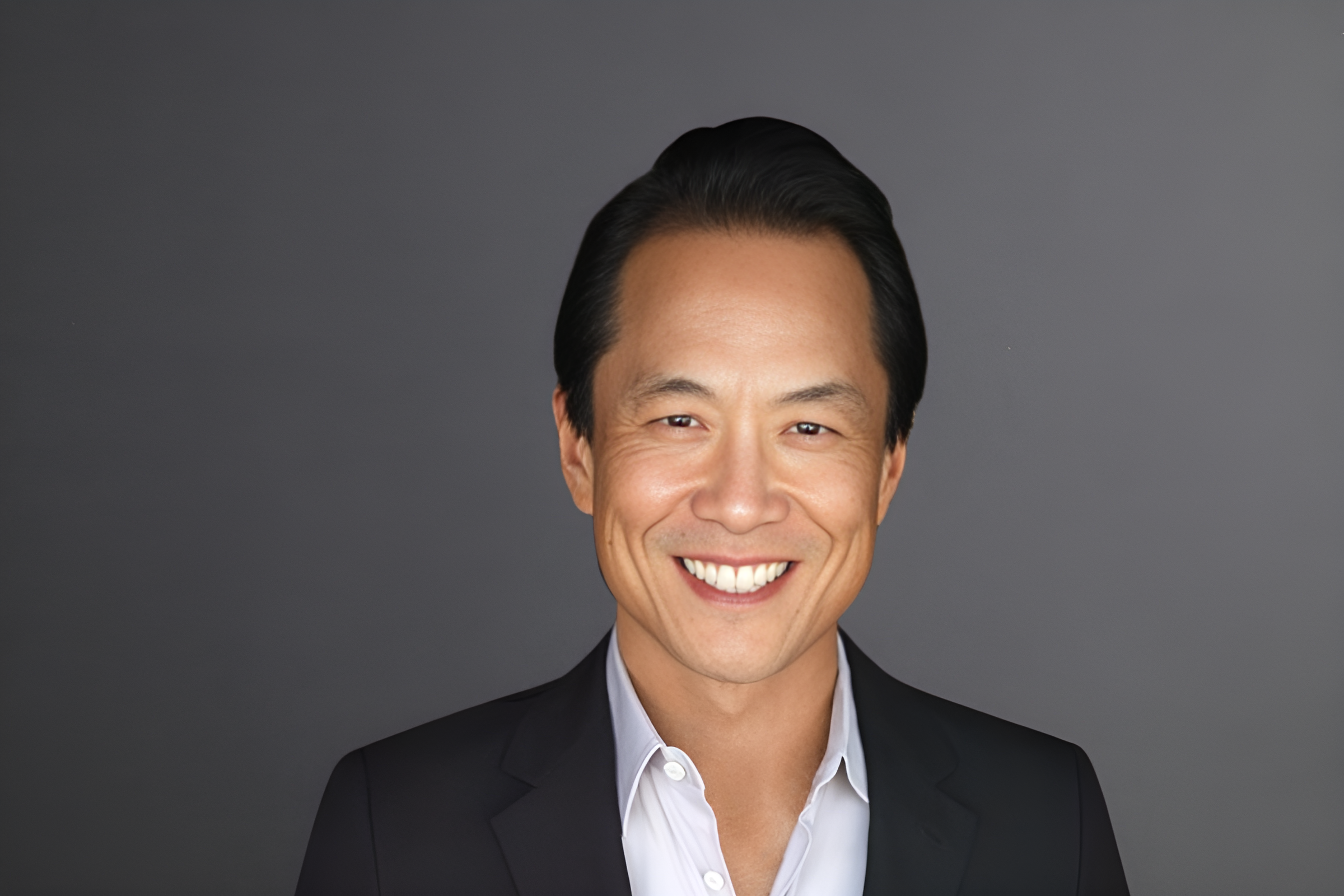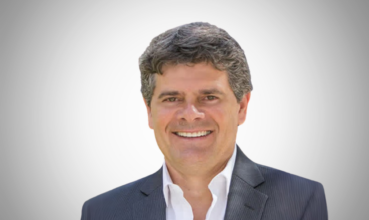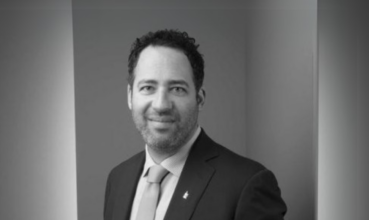“My background in psychology has informed all aspects of creating Blue Panda and I believe that is what has made it a successful business,” says Paula Madrid, founder and directo...
Curating Communities: The Econic Company's Approach to Retail Real Estate




Bay Area native James Chung has built The Econic Company into a significant presence in Northern California’s retail real estate sector, managing 40 million square feet of retail space across nine Bay Area counties and serving 200 national and regional tenants. But what distinguishes the firm isn’t its portfolio size – it’s their methodical approach to retail’s role in community development.
The foundation for this approach stems from Chung’s own experience during the 2000 tech crash. As a UC Berkeley graduate working in tech, he watched his promising career at one of Silicon Valley’s fastest-growing companies evaporate. “I remember feeling like I was playing the violin on the Titanic,” he recalls. “I had very little, if any, influence on the outcome of this sinking ship.” This experience shaped his later decision to maintain complete ownership of Econic, deliberately avoiding outside investors to preserve decisional agility.
The firm’s perspective on retail spaces goes beyond traditional metrics. “When we create a storefront, imagine the exhaust that comes out of that transaction,” Chung explains. Each new location creates a cascade of economic activity: driving supply chain operations, generating work for architects and contractors, creating local jobs, providing tax revenue for municipalities, and establishing community gathering spaces. More than pure economics, these spaces shape community experiences and social patterns over time.
This attention to community impact informs their detailed approach to market analysis. The team studies traffic patterns, demographics, and consumer behavior to understand neighborhood dynamics at a granular level. They often begin planning years in advance, considering how retail spaces will evolve with their communities over time.
The complexity of retail real estate demands this level of analysis. “In retail, you could have rents that could be literally 10x and be within a block of each other,” Chung notes, explaining why retail differs from other commercial real estate sectors. This non-commoditized nature of retail requires deep market knowledge and careful attention to location-specific factors.
Their methodology appears well-suited to current market conditions. With national retail vacancy rates at approximately 5.3%, the firm sees strong fundamentals where demand often exceeds supply. The narrative around e-commerce versus brick-and-mortar has evolved, with data showing most consumers still prefer in-store shopping experiences for many categories. The firm has also identified opportunities in creative adaptation projects, including office-to-retail conversions for specific users like large-format fitness concepts and medical retail tenants.
Internally, Econic has developed distinct operational practices. Until recently, every potential hire required unanimous approval from all staff members, reflecting their commitment to collaborative decision-making. Leadership focuses on long-term development, with Chung taking an active role in both brokerage and company direction.
This measured approach extends to client relationships, where the focus remains on value creation rather than transaction volume. “We’re not just here to make a fee,” Chung states. “We’re actually here to create value and guide you, even if it’s against our own best interest.” This philosophy has helped them build lasting partnerships with clients ranging from local landlords to Fortune 500 companies and publicly traded REITs.
The company maintains this deliberate approach even as it grows. Now at 26 professionals across three offices, they continue to emphasize market knowledge and community impact. Regular analysis of local, national, and global trends informs their work bringing new concepts and retailers to their markets.
As retail continues its post-pandemic evolution, The Econic Company’s emphasis on detailed market analysis, community development, and operational flexibility appears well-aligned with current market needs. Their work suggests that understanding retail’s broader role in community building remains central to creating lasting value in the sector.
Similar Articles
Explore similar articles from Our Team of Experts.


“The museum in the 21st century has to be more than just a place where nothing ever changes,” says Charles Clark, Executive Director of Castle in the Clouds, a historic estate in...


In the dynamic landscape of South Florida real estate, few stories embody the region’s transformative potential quite like that of Fabio Faerman, CEO of FA Commercial, the commercial t...


“Just look at the cars in the parking lots,” says Jesse Whalen, Vice President of The Office Group at Bull Realty, when asked about return-to-office trends. “People are bac...


When Jared Epstein looks at a neighborhood, he sees possibilities that others might miss. As President of Aurora Capital Associates, Epstein has built his reputation not just by developing l...




